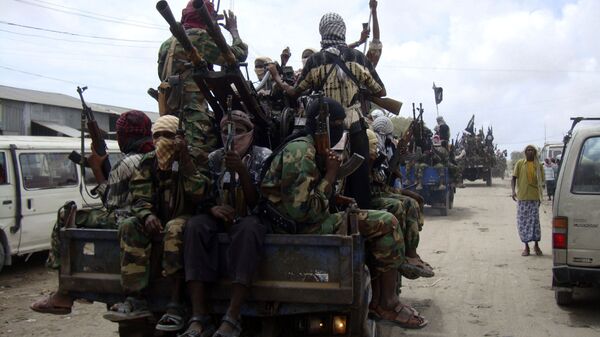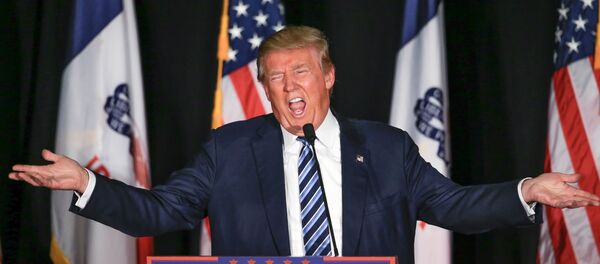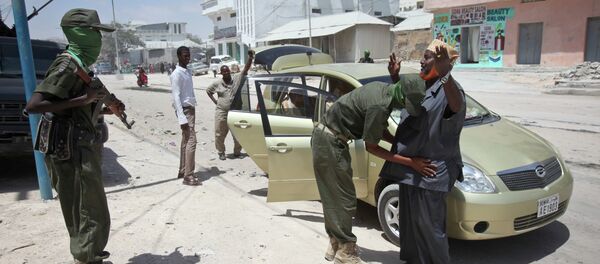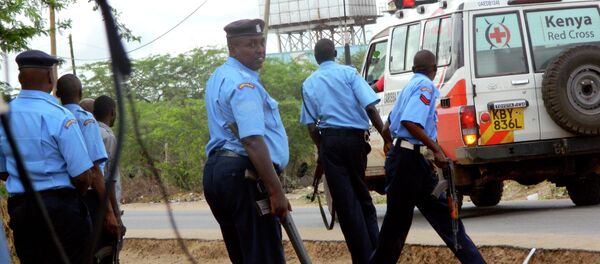Shabab was not organized until after 2007, and as an entity could not have been involved in 9/11. Obama’s expansion will likely be used to legalize an escalation in counterrorism measures and airstrikes in support of the Somali government and the African Union.
The decision to target groups far from Al Qaeda’s base in Afghanistan is expected to be announced next month in a list of global deployments detailed in a letter to Congress. This major expansion has raised the eyebrows of anti-war activists and foreign policy experts, but it is not the first instance of the US relaxing its own self-imposed restrictions for battling militant groups abroad.
In a June letter to Congress Obama amended 9/11 legislation to include "associated forces" of the Taliban and Al-Qaeda who aimed to "achieve strategic effects," against the Afghan government. This also allowed Washington to "prevent a strategic defeat" of Afghan forces, effectively giving the US the ability to target groups who may not be a direct threat.
Al-Shabaab originated as a militant youth contingent of the Union of Islamic Courts, and is thought to have between 7,000-9,000 members. They have been responsible for many attacks in the area, including a particularly brutal incident in April 2015 in which 147 people stormed Garissa University, a school that sits near the Somali border, targeting Christian students and killing those who could not recite verses from the Q’uran.
Brian Becker, host of Radio Sputnik’s Loud & Clear, suggested that the broadening of this legislation is "not only a stretch, but an indication of a sweeping expansion, not only of executive power, but of the ability of the US government to dictate who lives and who dies. To decide who to strike, who to bomb, who to carry out targeted assassinations against. Not because they have anything to do with September 11," he said, "but because they constitute a threat not to the United States per se, but to the so-called ‘strategic objectives’ of America’s political partners either in Afghanistan or Somalia, or elsewhere, including Libya. Really anywhere in the world."
He called the move "wildly dangerous" and "obviously illegal," adding that US motives are increasingly about power over protection.
"The old cliche' goes 'allies come and go but interests are permanent,'" he told Sputnik in an interview, suggesting that, "The interests of the US government going around bombing other countries, carrying out targeted assassinations, is not in the interest of the people of the United states, it’s not protecting the people of the United States, it’s in pursuit of a global strategy of hegemony. In fact it makes the people of the United States less safe and not more safe."





